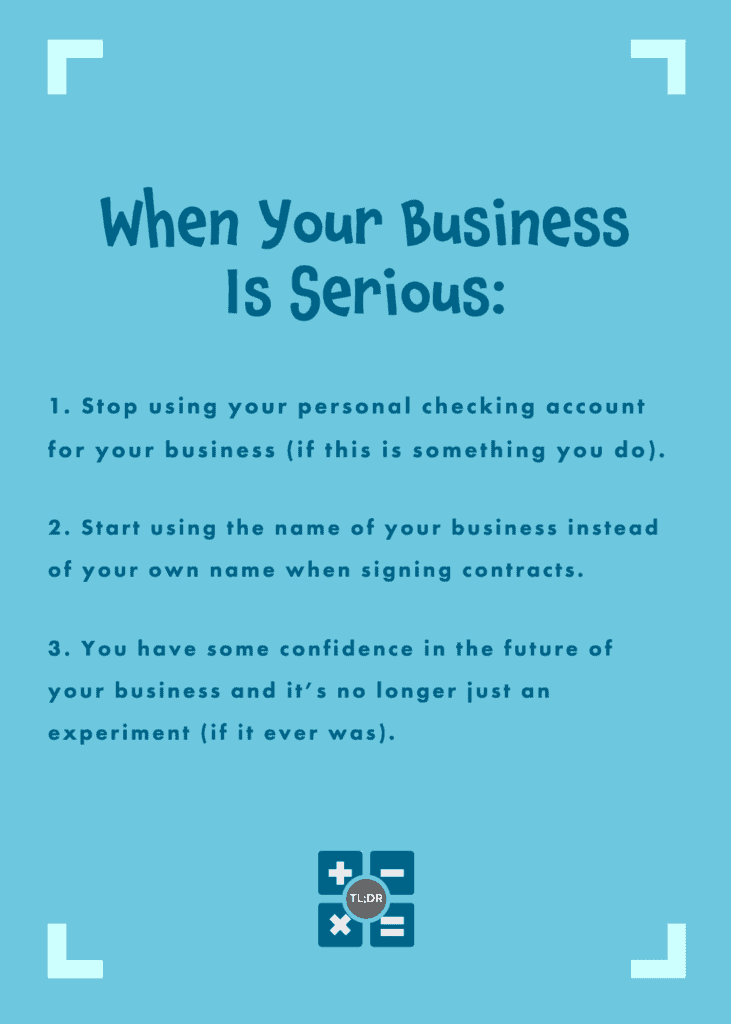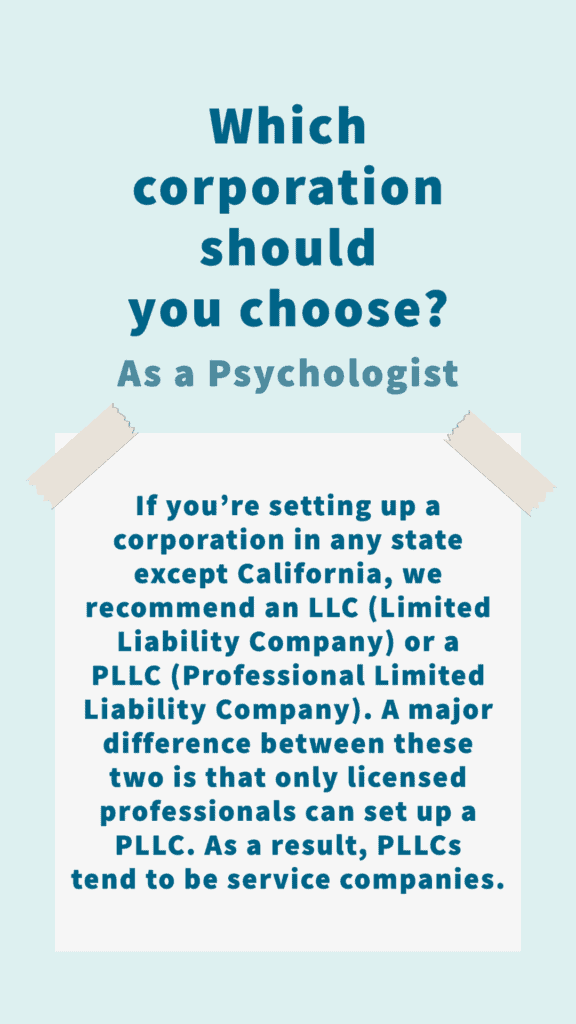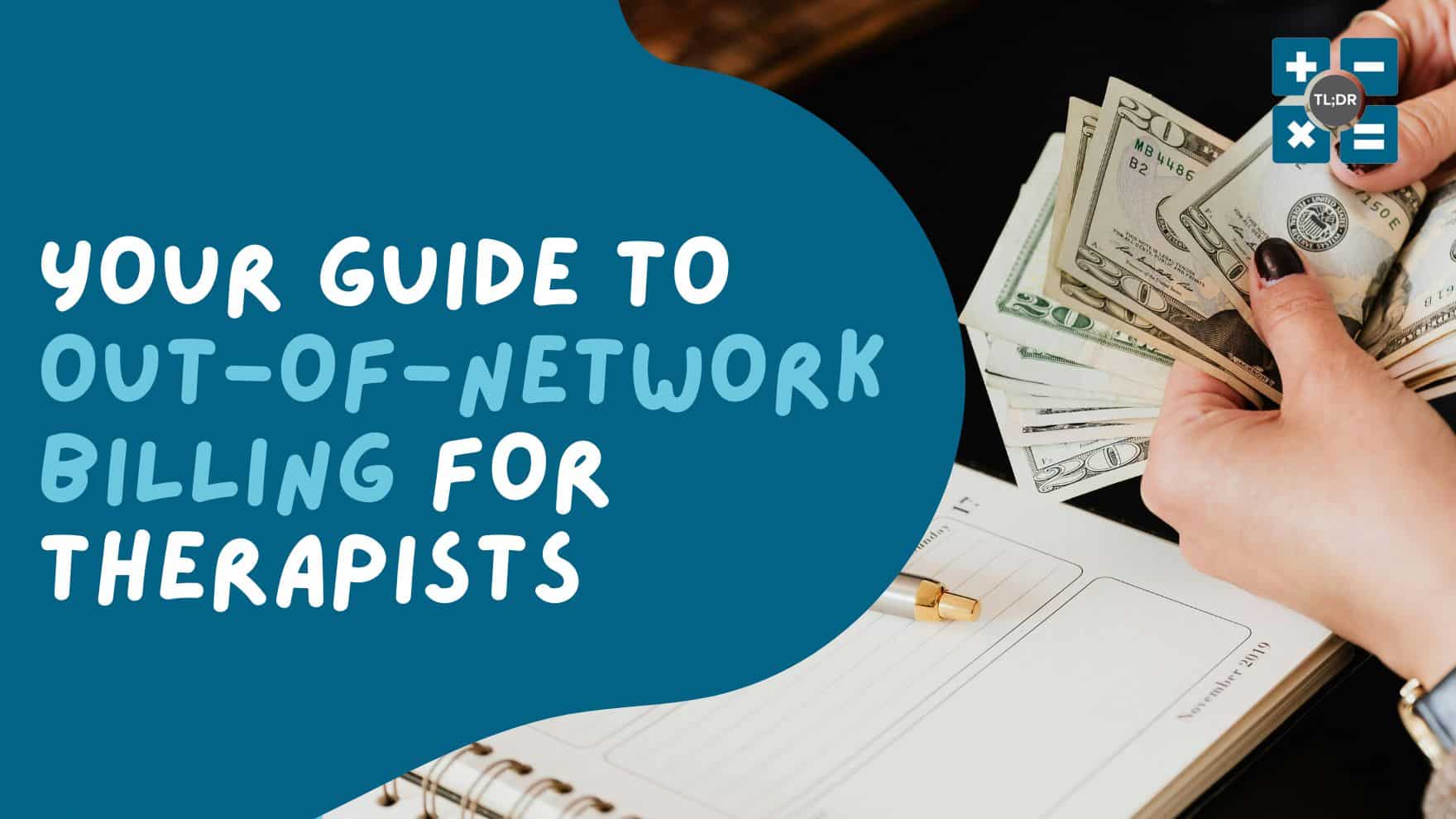As a psychologist, you are an expert in the realm of the mind, and you understand better than we do how the build-up of stress can affect other areas of a person’s life. We can make an educated guess that you might be stressing about taxes and liability protection, because pretty much every business owner stresses about these things.
Incorporating can protect you from liabilities, and potentially reduce your tax burden but it involves a lot of administrative work.
The best time for a psychologist to incorporate is at one of three major junctures of the life cycle of your business: When you start taking your business seriously, when you’re considering hiring employees, or as far back as when you start your business.
When Things Get Serious
“I guess you could say things are getting pretty serious”
Kip, Napoleon Dynamite
It’s important to incorporate by the time things get serious at your business. This might not sound very specific, but that’s because it means different things to different people.
Perhaps more specifically, it’s good to incorporate by the time you start taking your business seriously. Or vice versa: It’s time to start taking your business seriously by the time you incorporate. This means:
- Stop using your personal checking account for your business (if this is something you do).
- Start using the name of your business instead of your own name when signing contracts
- You have some confidence in the future of your business and it’s no longer just an experiment (if it ever was).
What we’re trying to say is this: Incorporation takes work, it costs money, and it’s best to have some outside help (we can help you!). At the time that you incorporate, it’s also time to take your business seriously as its own entity.
When You’re Considering Hiring Employees
You should absolutely incorporate before hiring any employees, if you hadn’t already by this time. There are many good reasons for this. First and most importantly, incorporating provides your business with limited liability.
Limited liability means that if someone slips on a grape at your office (who brought grapes?) and injures themselves, your corporation will be sued as opposed to you being sued. This matters — if your corporation is sued, the injured party can’t reach into your personal wallet. If you are sued, they can reach into your personal wallet.
There are many other reasons to have limited liability than concerns about your employees suing you, though that’s certainly enough by itself. You may be able to attract stronger talent with a business name, although psychologists can often succeed by running a practice using their own name. Perhaps more importantly, incorporating can save you money on your taxes. Also, if you later reach a point where you no longer want to own your business, you can sell or transfer your corporation.
When You Get Started
There is an argument for incorporating right out of the gate, just as you’re getting started with your business. If you’re going to incorporate anyway, it will be much easier to start as a corporation rather than change things later. This can save you time, money, and headaches.
The best reason to incorporate when you get started is, “Why not?” If you are willing to take your business seriously and able to pay the fees, chances are good you will be thanking yourself later. Even if your first attempt at a business fails, you can start a new line of business using the same name. This is a reason why you often want to pick a broad name for your business rather than something very specific like “Julia’s Psychology Practice for Fifteen Year Old Individuals with Gender Dysphoria.” That said, even if your business has a very specific name, you can adopt a DBA (Doing Business As, AKA a Trade Name) later with little effort.
If you are starting a business with one or more business partners, setting up a corporation can be better for conflict resolution later. As a psychologist, you are probably aware that even if your relationship is really good with your partner(s) now, that can change. Situations involving conflicts between business owners is not a new concept, and anticipating these conflicts is a strong reason to get outside help with setting up your corporate agreements.
Bonus: What Kind Of Corporation To Choose
What kind of corporation should you choose? If you’re setting up a corporation in any state except California, we recommend an LLC (Limited Liability Company) or a PLLC (Professional Limited Liability Company). A major difference between these two is that only licensed professionals can set up a PLLC. As a result, PLLCs tend to be service companies. If you’re wondering which type we recommend (LLC or PLLC), it depends on what state you are located in.
For the Californians out there, you can operate as an unincorporated Sole Proprietorship (the default option for a business owned by one person), or as a PC (Professional Corporation). Contact us for recommendations for your individual situation.
TL;DR: You should incorporate before you hire any employees, but you might want to incorporate even earlier than that. It’s good to incorporate early, when you are starting to take your business seriously (that is, respecting it as a separate entity from yourself). You may even want to incorporate “right off the bat,” to save the headache of changing an established business into a corporation. For psychologists we recommend an LLC or PLLC. If your business is in California, you don’t have these options and must choose between an (unincorporated) Sole Proprietorship or a PC.








